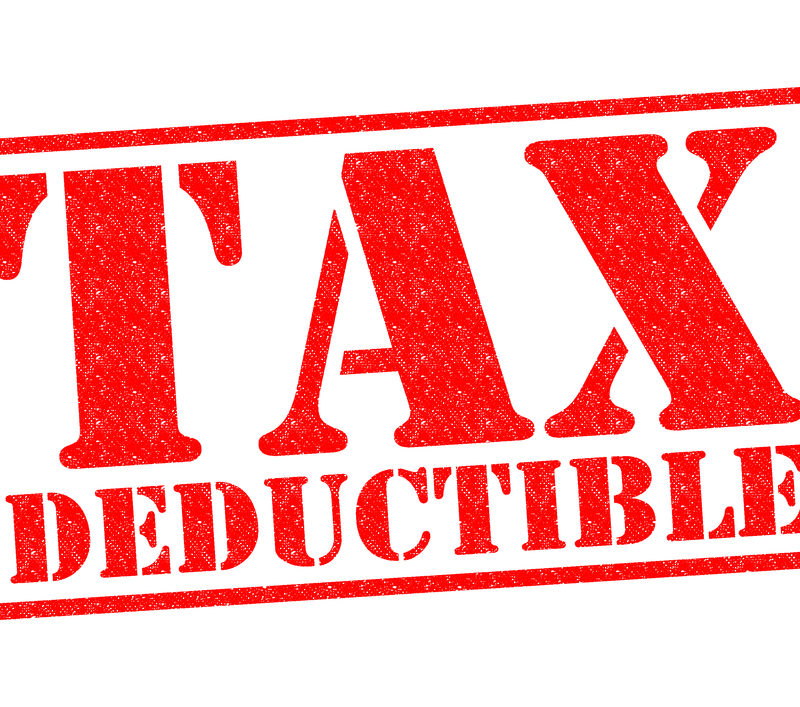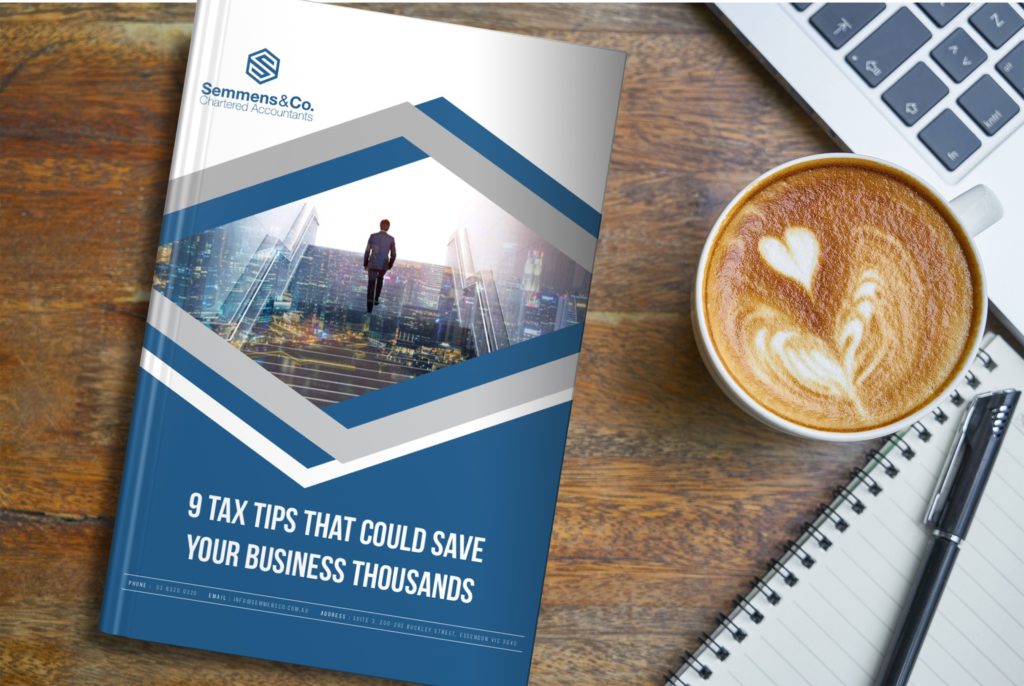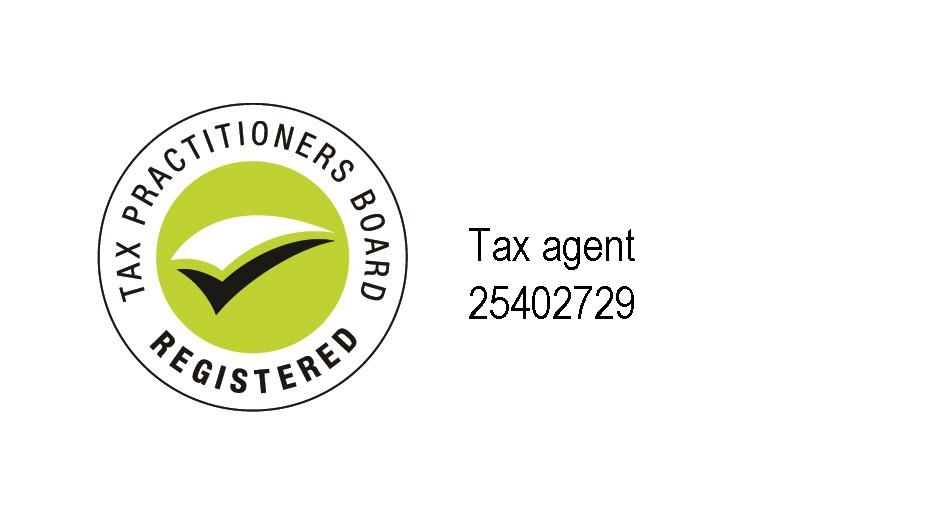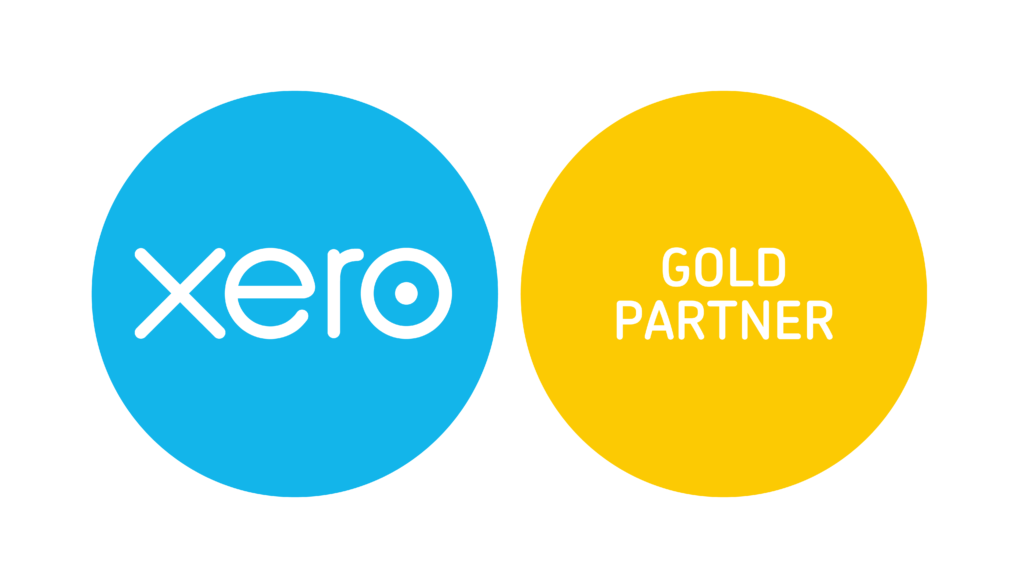Business Tax Deductions That You Should Understand

Business tax exemptions and deductions help entrepreneurs manage the cost of running a company. And fortunately, Australian businesses have access to plenty of possible deductions, which we recommend you take full advantage of, to save money where you can.
When is a business cost or expense deductible?
You can claim a deduction for most expenses incurred in running your business – as long as the expenses are directly related to earning assessable income. As a business owner, you can claim business tax deductions in your company/partnership/trust tax return or, if you’re a sole trader, in your personal tax return.
There are three fundamental rules for claiming business tax exemptions:
- The money must have been spent on business (it cannot be a private expense)
- If the expense was for a mix of business and private use, you can only claim the portion that is related to running your business
- You must keep records to prove it
For example, you can claim a deduction for a laptop if you bought it to work on/in your business. However, if the laptop is used for personal banking, email, paying household bills, booking family vacations and the like, you can only claim the proportion of the expense that relates to business use.
What constitutes income?
When in business, most of the income you receive is assessable for tax purposes. This includes gross earnings or proceeds from the ordinary course of your business, including:
- Cash income
- Personal services income
- Crowdfunding
- Income sourced through the sharing economy
- Payments outside of ordinary business activities
- Government payments
- Commissions, investment earnings, gratuities and compensation payments
- Foreign income
Other amounts, which may not be part of the everyday running of your business (like amounts owed to you by debtors and changes in the value of trading stock) may also come into consideration when building a picture of your assessable income.
Your assessable income will not include:
- GST you have collected
- Income generated from a hobby
- Gifts
- Prizes
- Awards
Business Tax Deductions
So what are the most common business tax deductions and what are the lesser known items that could make a difference for you? And are they appropriate strategies for your business?
When reviewing the list of possible deductions, it is important to consider which deductions you will take advantage of in 2019 and what is better put to use in later years. Further it is important to build a strategy that ensure you don’t create issues in future years. This understanding of the strategic play will be the result of tax planning – estimating taxes and business planning – which is a great way to ensure you actively consider the best tax strategies to maximize the tax credits and exemptions for your business.
With the Federal Government’s push to support small business through tax relief, we recommend you review the following business exemptions and ensure that you are claiming tax exemptions and deductions where you can.
There are 7 key categories when reviewing business tax deductions:
- Business travel expenses
- Motor vehicle expenses
- Salary, wages and super
- Repairs, maintenance and replacement expenses
- Home office expenses for a home-based business
- Other operating expenses
- Capital assets and expenses
Business Travel Expenses
Fundamentally, you can claim deductions you incur when travelling for business or paying for employee travel, like airfares, train fares, bus fares and taxi fares.
There are special rules for claiming expenses incurred while travelling. If your business travel requires one or more nights away from home, you will need to keep evidence of all your expenses.
However, if your travel requires six or more consecutive nights away from home, you are required to keep a travel diary (or similar) to record the details of each ‘business activity’. This diary must be documented before your travel ends or as soon as possible afterwards. The record should include the nature of the business activity, the day and approximate time the business activity began, how long the business activity lasted and the details of the venue or places where the business activity was conducted – much like day-to-day meeting entries you might keep in your work calendar (Outlook).
It is also important to note that if the nature of the travel is both business and private, you must exclude the private expenses from your claim.
Motor Vehicle Expenses
Motor vehicle expenses and how you calculate your claim, will be dependent on:
- your business structure (sole trader, company, partnership or trust)
- the type of vehicle (car or other vehicle)
- how the vehicle is used (business or private use)
Further, if your business structure changes (for example, from being a sole-trader to a company) your entitlements and obligations may also change.
Acceptable and common motor vehicle expenses claims include fuel and oil, repairs and servicing, interest on a motor vehicle loan, lease payments, insurance, registration and depreciation.
It is important to note at this point, that you cannot claim expenses that relate to the private use of the work-vehicle, which includes travelling between home and the office; unless you are a home-based business. In the case of a home-based business, you can claim the cost of trips you make between home and where you perform business activities.
Lastly, the most important factor when claiming motor vehicle expenses, are the records you keep! The quality of your record keeping will directly impact how you calculate your claim and, the method of calculation has a major impact on the tax exemption you can claim. For this reason, take the time to keep good records. Your records should include loan or lease documents, tax invoices, registration papers, kilometers per vehicle, when you used the vehicle, the purpose of the travel and, who was driving. Of course, once you have compiled your motor vehicle expenses and calculated your claim, remember to keep the details of how you calculated the claim, just in case the ATO requests more information.

Salary, Wages and Super
Generally, a business can claim a deduction for the salaries, wages and super contributions paid to your employees. Further, if you are a sole trader, you can claim a deduction for any personal super contributions, via your personal tax return.
These deductions are calculated based on the type of business you operate, for example:
- Company or Trust: you can generally claim a deduction for salaries and wages the company or trust pays to all employees.
- Partnerships: the business cannot pay you a salary as you are a partner, not an employee. Payments to partners is usually in the form of a distribution. Payments to remaining employees however, for wages and super will generally be deductible.
- Sole Trader: as you are the business owner (not an employee) you cannot pay yourself a salary or wage. Payments to sole traders are usually in the form of a distribution. Payments to remaining employees however, for wages and super will generally be deductible.
- Contractors: if you engage a contractor to provide a service for your business, you may be able to claim the amount you pay them as a deduction.
It is important to note at this point that with a laser focus on compliance to withholding obligations, in order to claim a tax deduction for payments to employees or contractors, you must be up to speed with your PAYG withholding and reporting obligations.
Repairs, Maintenance and Replacement Expenses
You can claim a business tax deduction for repairs and maintenance to machinery, tools or your place of business – so long as the expenses are not capital expenses.
Further, you don’t need to own the tools, machinery or place of business in order to claim a deduction for repairs.
Allowable repairs and maintenance include painting, conditioning gutters, maintaining plumbing, repairing electrical appliances, mending leaks, fences or broken windows and, repairing machinery (excluding total reconstruction of the machinery).
However, you cannot claim substantial improvements to an item or property – for example, installing new floor coverings, re-plastering the entire office or making repairs made to machinery, tools or property you purchased recently.
You can also claim a tax deduction for capital expenses under the general depreciation provisions (for items), or the capital works provisions (for property). Building improvement costs and capital works deductions claimed, will also be considered when working out a capital gain or loss, on disposal of the property.
Home Office Expenses for a Home-Based Business
For a Sole Trader working from home, you can claim a tax deduction for expenses relating to the area of your home you use for business activities. These expenses can be divided into two categories:
- Occupancy expenses like your mortgage interest, rent, council rates, land taxes and house insurance premiums
- Running expenses like cleaning, internet, gas, electricity, phone and repairs to furniture
But beware, when selling your home, you may be liable for a capital gain or loss any part of your home used for business purposes.
Other Operating Expenses
This category covers general business expenses, similar to those claimed by employees. This can include the cost of hiring staff, business premises expenses and the cost of tax services.
Some of the more obscure and lesser known deductible items include:
- Bad debts
- Losses due to misappropriation of money by an employee or agent such as fraud, theft or embezzlement. If you have been subject to theft by an employee, any losses not covered by insurance can be claimed against.
- Costs for running a commercial website, such as site maintenance, content updates and internet service provider fees
- Parking fees (but not fines)
- Tax related expenses like objecting to or appealing against your assessment, attending an ATO audit, obtaining tax advice about your business and any credit card/charge card payment fee (only for the purposes of paying a business tax liability, for example, GST liability)
- Legal expenses when obtaining tax advice
- Tender costs, even if the tender is unsuccessful
- Waste removal
- Recycling expenses
- Travel expenses when relocating employees
- Costs associated with keeping and feeding guard dogs to protect your premises from intrusion or theft.
Capital Assets and Expenses
Assets that have a longer shelf-life are called ‘capital assets’. This includes items like buildings, motor vehicles, furniture, machinery and equipment. A capital expense can be either an asset that has a long life (more than one year) or an expense associated with establishing, replacing, enlarging or improving the structure of your business. You may be able to claim deductions for certain small value assets in the year you purchase them or, claim an amount for depreciation of the asset every year, over a number of years.
You can also claim a deduction for creating, running and maintaining your website. This includes expenses like your domain name registration fees and server hosting costs. Website build costs should be depreciated over time.
However, special rules apply to software you purchase, acquire or develop in-house for business use (not for sale on the open market). If your business expense relates to software developed in-house, you must use the ‘prime cost’ method to deduct the cost each year. On the other hand, if the business expense is included in a software development pool, you will need to deduct portions of the expense each year. If you chose the second option and allocate expenditure to a software development pool, website costs will have an effective life of five years (if incurred on or after 1 July 2015).
Research & Development
Do you invest in research and development? The Research and development (R&D) tax incentive aims to encourage investment in R&D, to Australia’s benefit. It has two core components: a refundable tax offset for eligible entities with an aggregated turnover of less than $20 million and, a non-refundable tax offset for all other eligible entities.
It is important to note, that in order to access these deductions, you will need to keep detailed records of the expense and cost of you research and development initiatives.
As always, when it comes to tax planning, consult with Semmens & Co. for a sound strategy on how and when to use deductions. This will ensure you stay get timely information on changes to deductions and how you can meet your tax obligations. Plus, our fee is fully tax deductible.
Semmens & Co. strongly recommends that you aim to correctly report all income and maintain appropriate records for deductions – to ensure you avoid the inconvenience and time associated with responding to an ATO audit.
If you have any questions or need advice and clarity specific to your business, feel free to contact Semmens & Co. on 03 8320 0320 for a free consultation.
If you’re looking for more information on how to maximize tax benefits for your business, download our e-book Top 9 Tax Tips That Could Save You Thousands or, learn more about these strategies by registering to attend our webinar.







